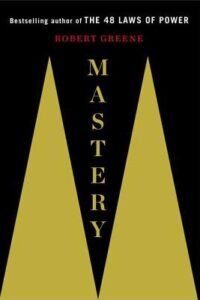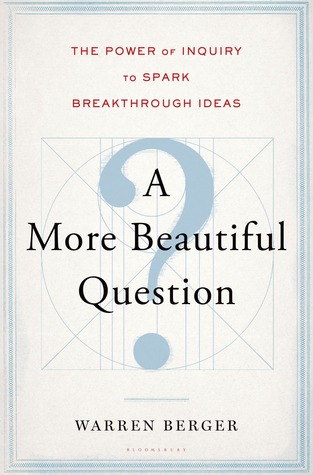In our comfort zones, we tend to feel at ease, almost no anxiety, stress free, and safe.
In the boundaries of our comfort zones, we tend to feel some or a lot of anxiety, stress, and get defensive.
Do we all have comfort zones? If so, do we stay in those zones or go beyond them?
Of course, we all have our comfort zones in different areas of our lives and activities that we do. As humans, we operate from a place where we make decisions from what we know, feel comfortable doing, and go about our personal and professional lives.
However, if those same comfort zones are limiting our own growth or from allowing us to reach our full potential, wouldn’t we want to go beyond them?
Imagine you have been selected as a member of your varsity basketball team. Your basketball coach sees a lot of potential in you and provides regular feedback. There are parts of your game that are already good and you capitalize on them. Then there are other parts of your game that you are not mostly aware of but your coach sees where and how you can improve on them. After each varsity practice, the coach comes up to you and gives you constructive feedback on your improvement areas. You listen to the coach but you are not REALLY LISTENING to your coach. You have a feeling that you are already good in certain areas and that’s the part the coach should praise you on. Yet here you are listening to the coach just talking about where you can be in the future and keeps going on and on the improvement areas, not so much your strength areas. After a few of these feedback sessions, you finally get the urge to just tell the coach that you are doing everything you can and get defensive because you don’t feel appreciated or valued by the coach. You have excuses and don’t take any responsibility or ownership.
Now what can happen next?
As a player, you can reframe the conversation with the coach as a way to see that the feedback is for your own growth and if you have want to reach the next level, you should do the activities the coach recommends you to do. Or you can stay defensive and feel entitled to think that you have already reached your potential and the coach doesn’t see that? Or just quit the varsity basketball team?
Comfort zones are there and will continue to be an integral part of each of us. Yet, if you want to live out your AUTHENTIC GREATNESS, how often will you push yourself out of your comfort?
A recommended read related to this topic “How to Leave Your Comfort Zone and Enter Your ‘Growth Zone“
















